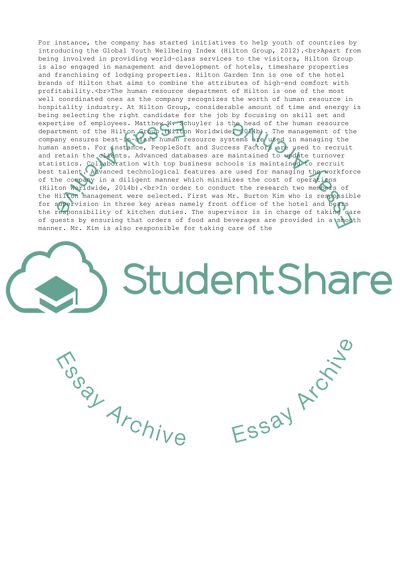Cite this document
(Paper on Supervision in the Hospitality Industry Assignment, n.d.)
Paper on Supervision in the Hospitality Industry Assignment. https://studentshare.org/management/1839047-paper-on-supervision-in-the-hospitality-industry
Paper on Supervision in the Hospitality Industry Assignment. https://studentshare.org/management/1839047-paper-on-supervision-in-the-hospitality-industry
(Paper on Supervision in the Hospitality Industry Assignment)
Paper on Supervision in the Hospitality Industry Assignment. https://studentshare.org/management/1839047-paper-on-supervision-in-the-hospitality-industry.
Paper on Supervision in the Hospitality Industry Assignment. https://studentshare.org/management/1839047-paper-on-supervision-in-the-hospitality-industry.
“Paper on Supervision in the Hospitality Industry Assignment”. https://studentshare.org/management/1839047-paper-on-supervision-in-the-hospitality-industry.


